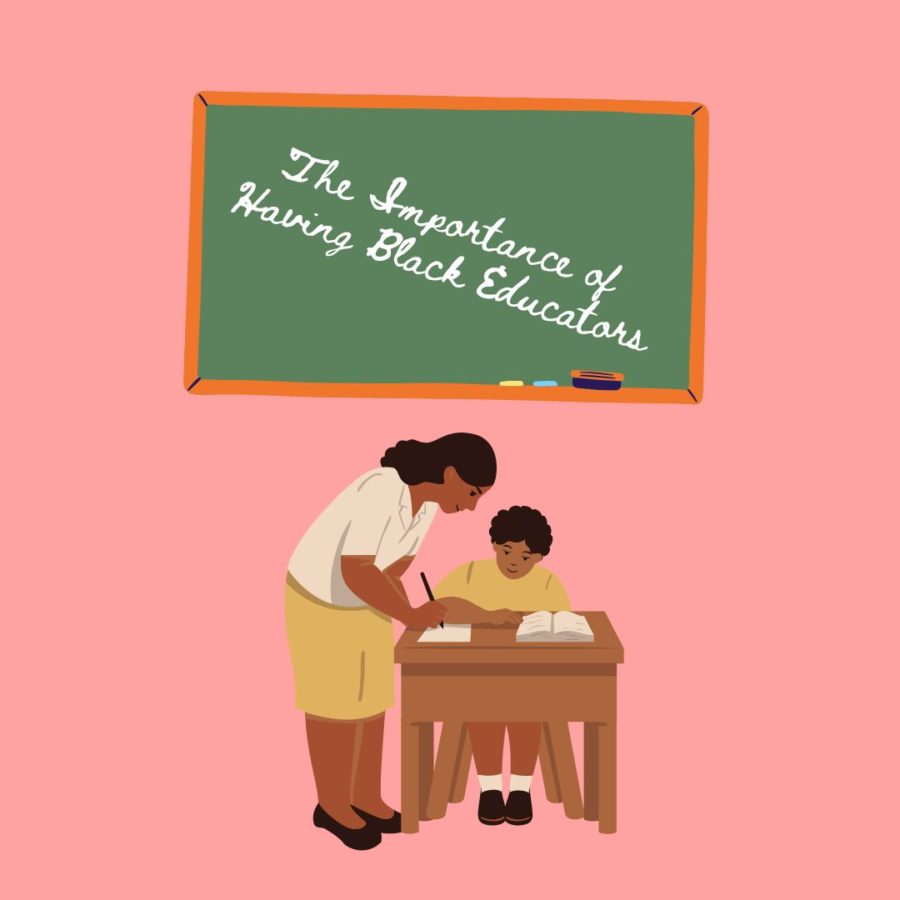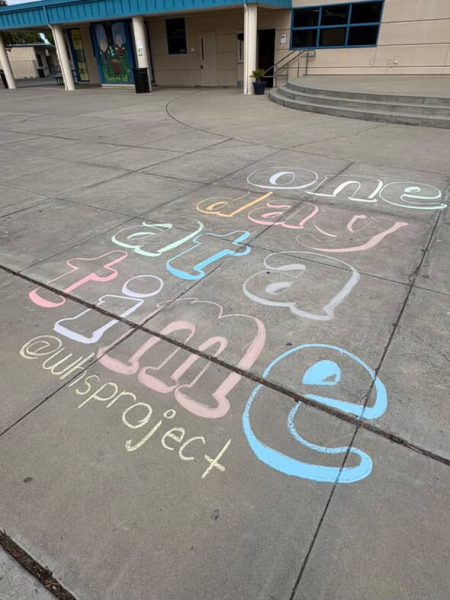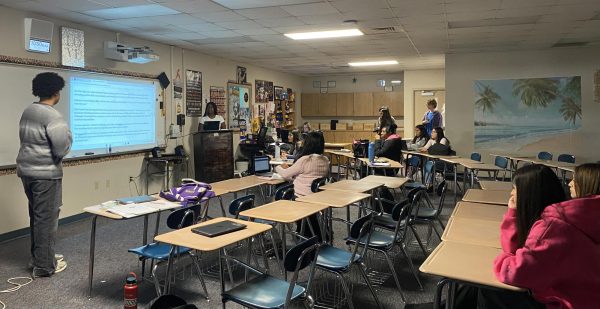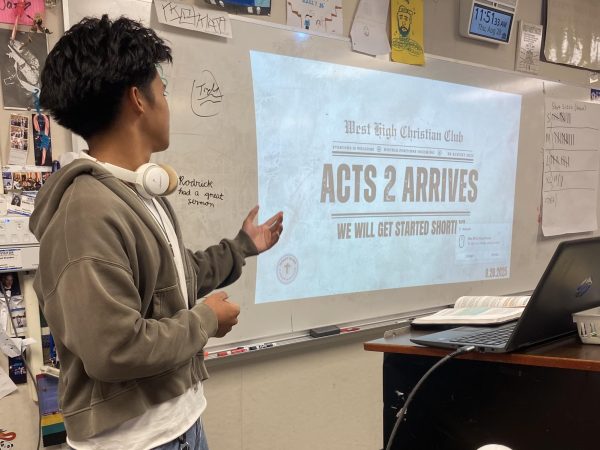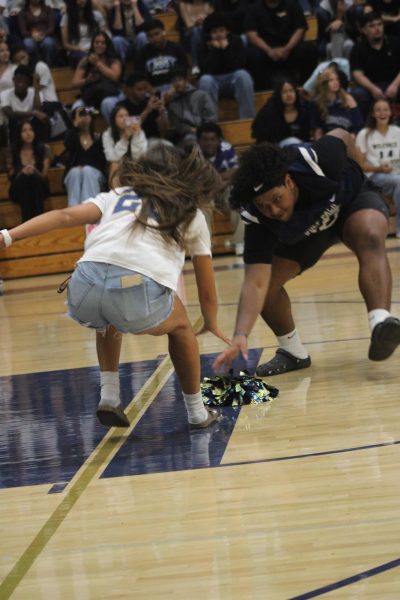The Importance of Having Black Educators
Most of our lives, from ages 5-18 is spent at school in some capacity. It’s obviously evident that our peers have a large impact on our self-esteem and behavior. I’m sure you’ve heard you parents say, “Show me your friends, and I’ll show you you’re future.” Although the saying is a bit cheesy, they’re right. But what about teachers?
We often underestimate the impact teachers have on our lives. The majority of our formative years are spent with adults that often mirror the authority of our parents. However, some students at West have said that they felt underrepresented and expressed concerns that they didn’t have teachers that looked like them.
Sophomore Danielle Pierre, stated she hasn’t had any black educators throughout high school. When asked, “Why is it important to have black educators?” Pierre responded by saying black teachers understand mannerisms and figures of speech that may be seen as disrespect to non-black educators. She also noted that she’s more comfortable
with black educators because she won’t “face microaggressions and other comments.”
Junior Jazeline Ayo says that she’s “never really had a black educator,” but she knows that “simply having one would have a positive impact because [she’d] feel better about speaking [her] mind without judgement.” Donna Pierre says she used to be shy in the classroom, but having black teachers has pushed her out of her shell.
According to data from the California Department of Education, in the 2018-19 school year 3.9% of public-school educators were black. Although black teachers are underrepresented in their field, it’s important to have them as they help dispel harmful rhetoric and microaggressions in the classroom. They help black students feel
comfortable in learning environments. You learn better when you feel valued and seen by those who look like you.

